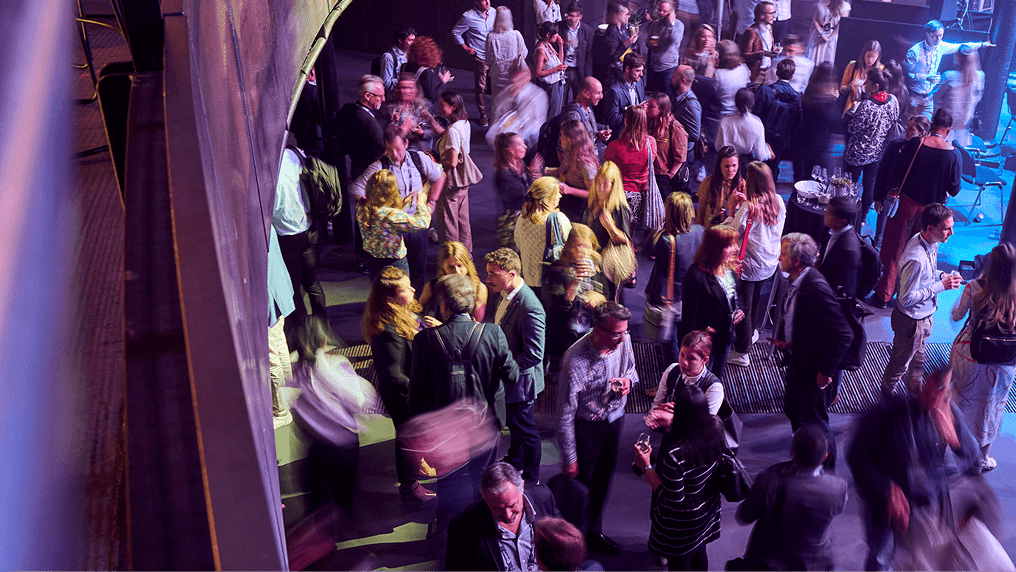Institution: University College London
Focus Area: Interdisciplinary approach to Circular EconomyCircular EconomyA systems solution framework that tackles global challenges like climate change, biodiversity loss, waste, and pollution. It is based on three principles, driven by design: eliminate waste and pollution, circulate products and materials (at their highest value), and regenerate nature. & evidence-based solutions in educational programmes. Institute for Sustainable Resources (ISR), Institute of Making, Centre for Resource Efficiency and the Environment (CREE)
Expertise: Engineering Materials and technologies for the circular economy, Material Flow Analysis and studies of urban Metabolism, Life Cycle Assessment, Industrial Symbiosis and opportunities to give value to underutilised resources, Policies for the circular economy, Design and planning of cities for the circular economy, Circular economy in the built environment: construction sector
Key projects:
CircEL: A cross-faculty, cross discipline Circular Economy Lab which aims to use UCL’s expertise to tackle a range of challenges in the design of products and buildings through the lens of a circular economy.
CPD course in Life Cycle Assessment & the Circular Economy, ‘Conducting a Life Cycle Assessment (LCA): from Theory to Practical Application’.
MSc Sustainable Resources: Economics, Policy & Transitions: that explores the economics and policies of resource use, current unsustainable production/consumption patterns and opportunities to address this through the Circular Economy.
MSc Environmental Systems Engineering presents environmental issues and technologies within a systems engineering context. Graduates will understand interactions between the natural environment, people, processes and technologies to develop sustainable solutions.
MSc module on Industrial Symbiosi with sessions on Circular Economy and its application to the construction sector; offered across different Faculties to engineering, planning, geography students.
MSc module on Waste Management and Resource Efficiency with specific sessions on the concept of the circular economy and applications in different contexts.
Connect with: Dr Teresa Domenech, Lecturer in Industrial Ecology and the Circular Economy t.domenech@ucl.ac.uk
Find out more:
Circular Cities Hub: The first of its kind internationally. It forms the centre of an international network of scholars working on all aspects of circular cities. It acts as an interface between academics and key urban stakeholders, enabling cutting-edge research to impact directly on the governing, management, design and development of cities. It is strategically linked to the CircEL.
Cities of Making: Action research that aims to develop a toolkit for local and regional government to:1) elaborate and implement transition plans for the circular economy at the urban level and 2) keep an innovative industrial/ manufacturing sector in cities that helps to realise the potential of circular loops.
Urban regeneration and the CE: The project aims to explore the potential and key principles for the application and adaptation of CE principles at the urban level. Cities and especially urban regeneration projects have specific challenges when trying to move towards more CE systems. Planning practices, government structures and infrastructural lock-ins need to be considered. A better understanding of the opportunities may help to overcome existing barriers. This project uses a combination of Material Flow Analysis and Life Cycle Assessment to understand CE opportunities in urban regeneration projects, assess different alternatives and provide a set of guidelines for the adaptation and practical implementation of CE principles at the urban level.
CE indicator system: This project aims to compare different indicator systems for the CE (comparing the European vs Chinese approach) and then try to define a comprehensive framework and system of indicators to measure progress towards the CE.
Circular office defits and refits: Office defits and refits consume large volumes of resources and energy and happen on relative short time spams (4-5 years) in the use life of a building. Generally little consideration is given to prevention of waste, reusereuseThe repeated use of a product or component for its intended purpose without significant modification. of materials, recycling, adaptability or functionality. This research looks into ways of incorporating CE principles to office defits and refits to minimise loss of resources, costs and environmental impact.





